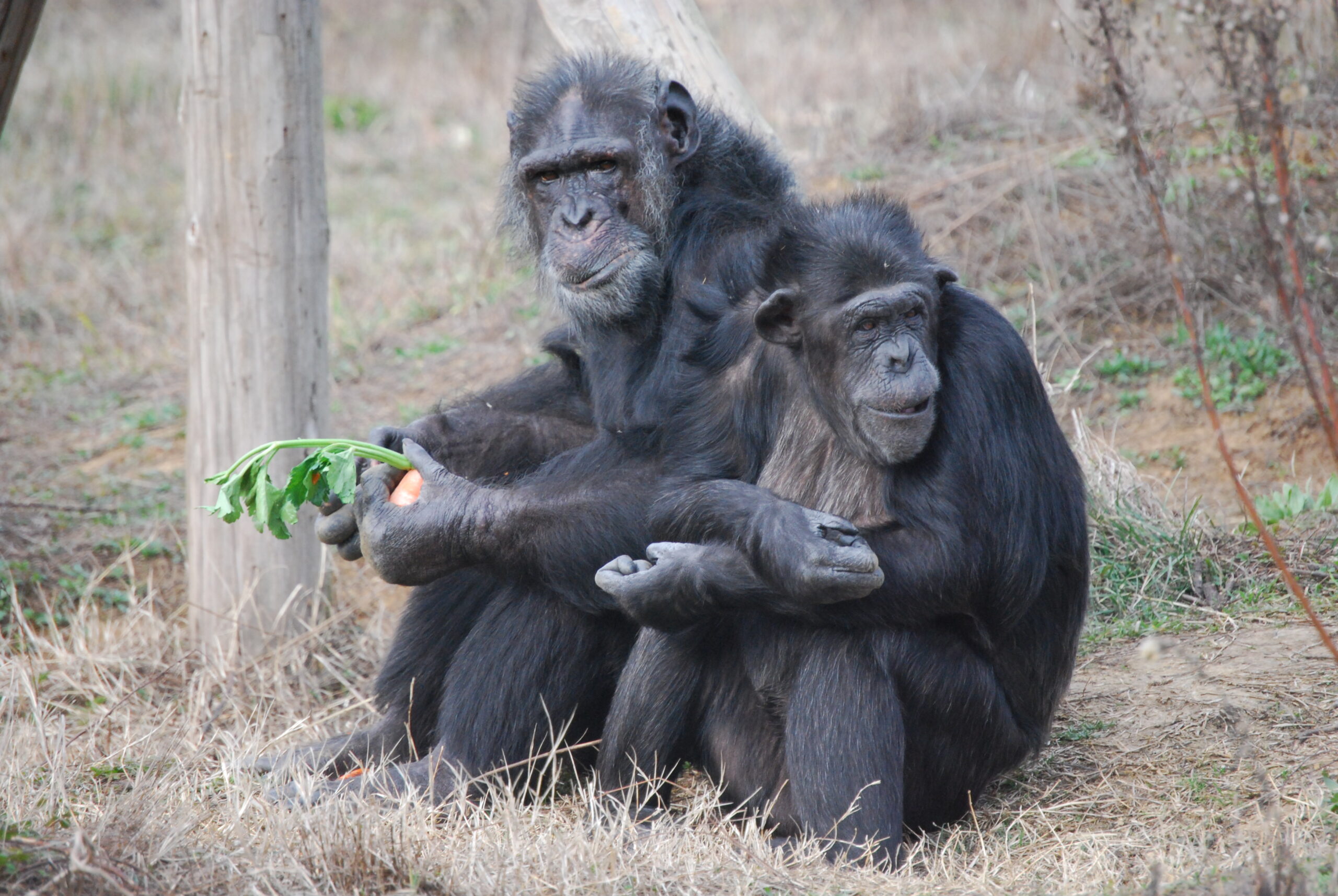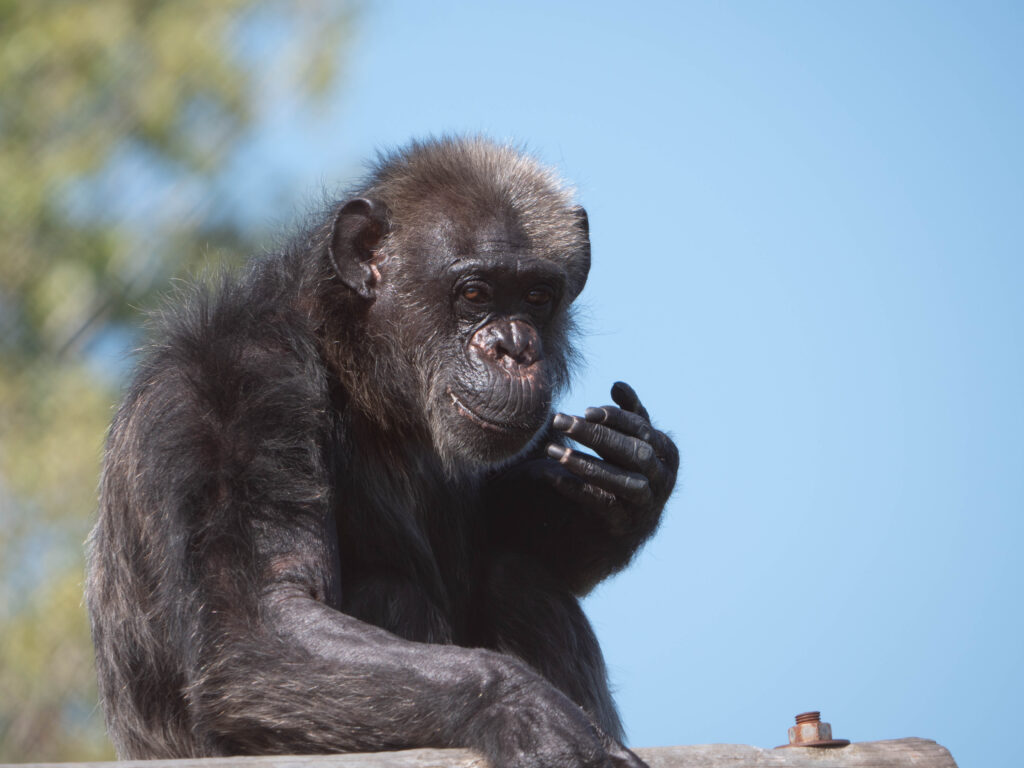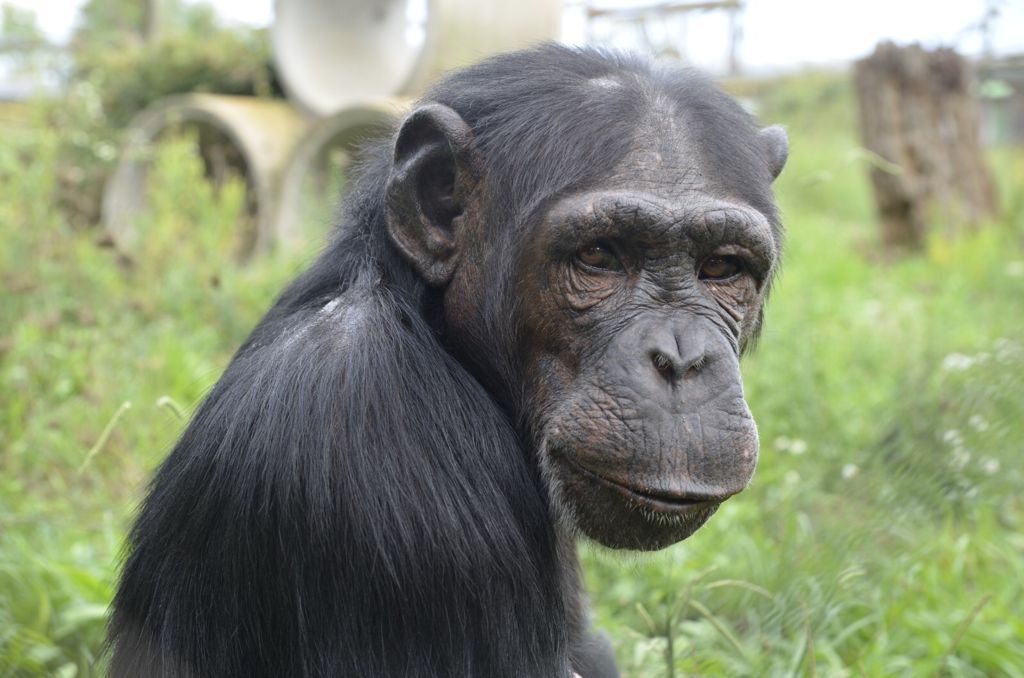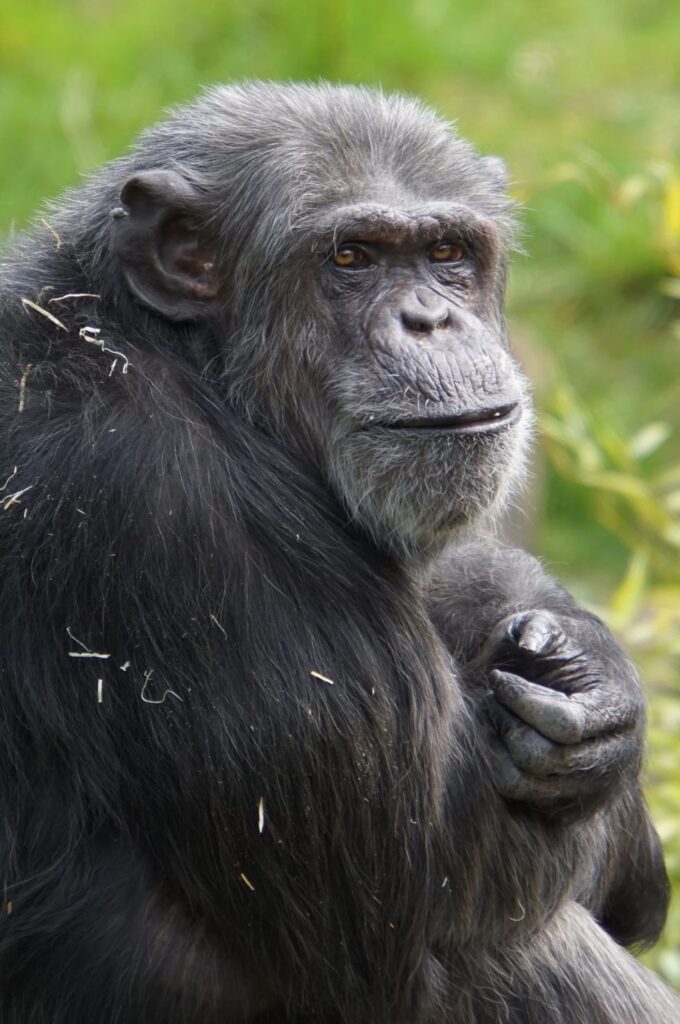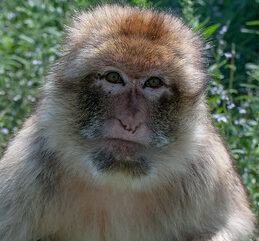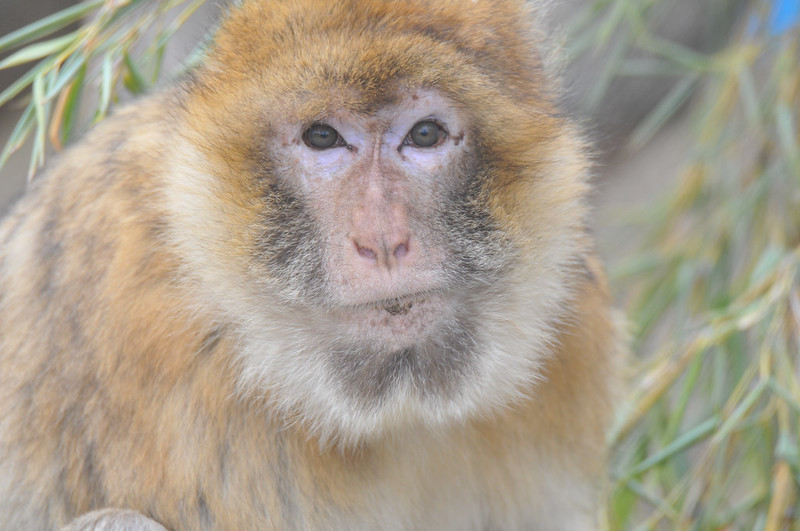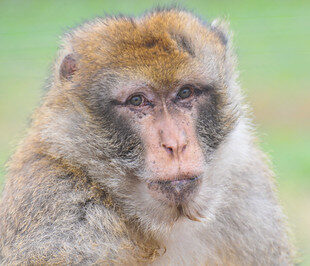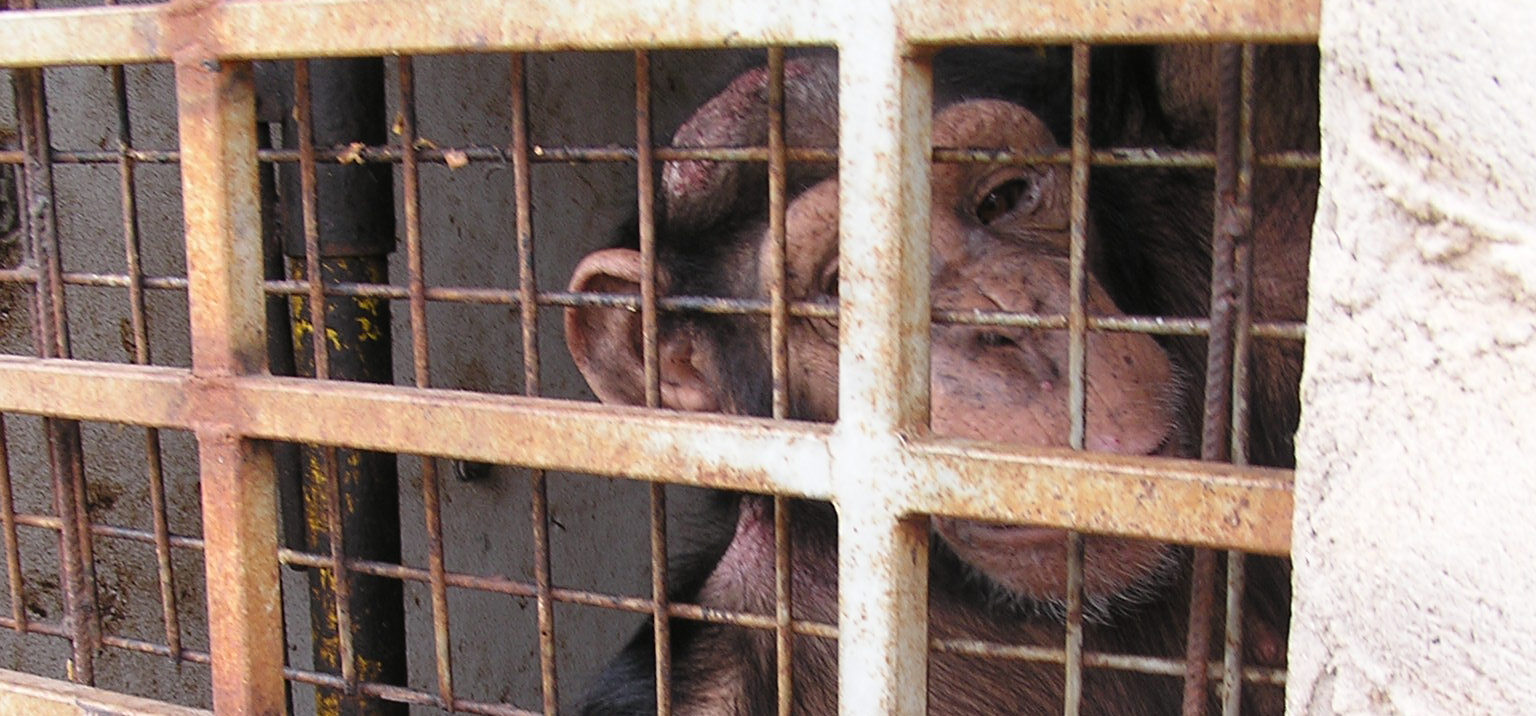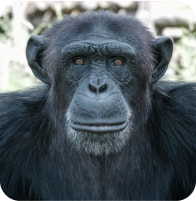RESCUE AND REHABILITATION
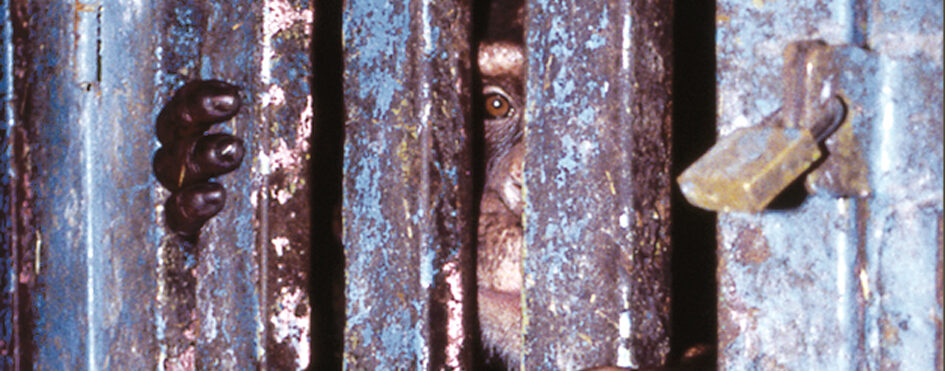
Primates that live at MONA have generally had a very difficult or even cruel past. Animals who have been exploited in the world of entertainment and circuses or former exotic pets that grew up to become uncontrollable. Separated from their mothers since they were young and without the opportunity to establish social bonds.
In our rehabilitation center we offer them a second chance to heal their wounds and finally have a dignified life in company of their fellow chimpanzees.
FoundationOur primates
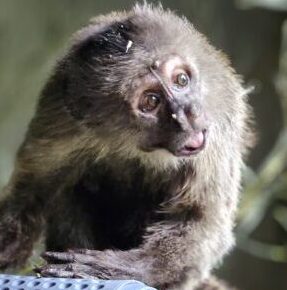
Linito
Date of birth: late 1980s
Place of birth: Venezuela
Date of arrival at MONA: February 14, 2024
Date of transfer: May 1, 2024 (to Rainfer, Madrid)
A capuchin monkey who had been living alone in an apartment in Barcelona for 35 years. He was temporarily at MONA until he recovered enough to make a trip to what was to be his permanent home, to live with other animals of his own species.
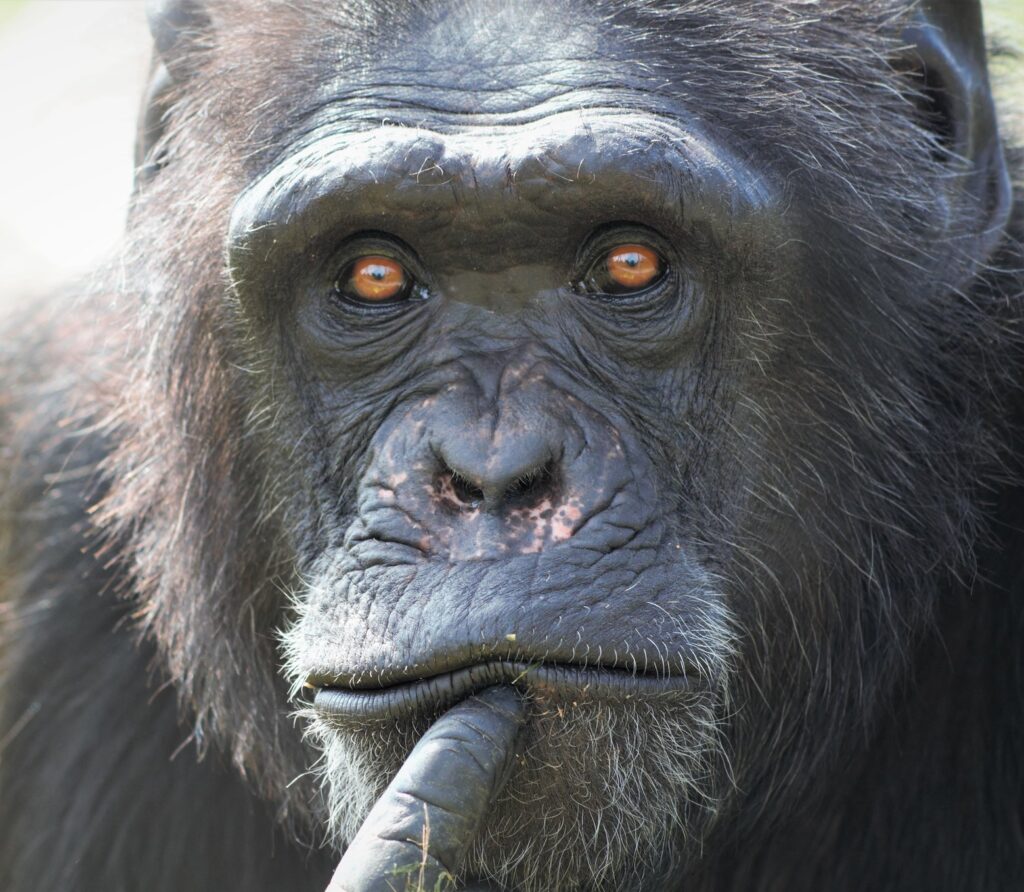
Tico
Date of birth: 1985
Place of birth: Equatorial Guinea
Date of arrival at MONA: July 8, 2005
Date of death: June 29, 2023
When he arrived, he had a complete lack of social behavior due to having lived alone in a zoo until he was 18. It took many years, but he finally learned to live in a group, to enjoy playing and hugging and to venture more around the facility. Peaceful, he avoided conflicts, but he was always the least sociable and most introverted.
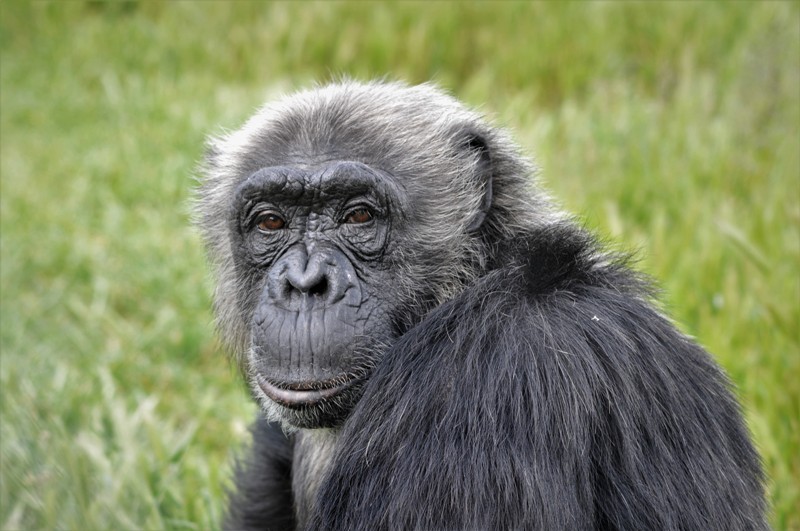
Bea
Date of birth: 1985
Place of birth: Cameroon
Date of arrival at MONA: May 14, 2012
Death date: June 8, 2022
Her owner acquired her through a circus agent when she was about 10 years old, because she was no longer fit for the job. She was very sociable and enjoyed the company of everyone else as well as wandering around the large facility looking for food and attention.
Our action
RESCUE
Once notified of the presence of a primate, we first contact the CITES administrative authority, the Ministry of Ecological Transition (MITECO). As soon as they determine that the animal is in an illegal situation, we can get down to work to prepare everything for the rescue. In the event that the primate has papers, we opt for alternative ways, such as voluntary transfer by the owners
Prior rescue preparation includes coordinating the permits, the first health checks and the most appropriate means of transport (plane, van, etc.), to go rescue the primates as soon as possible.
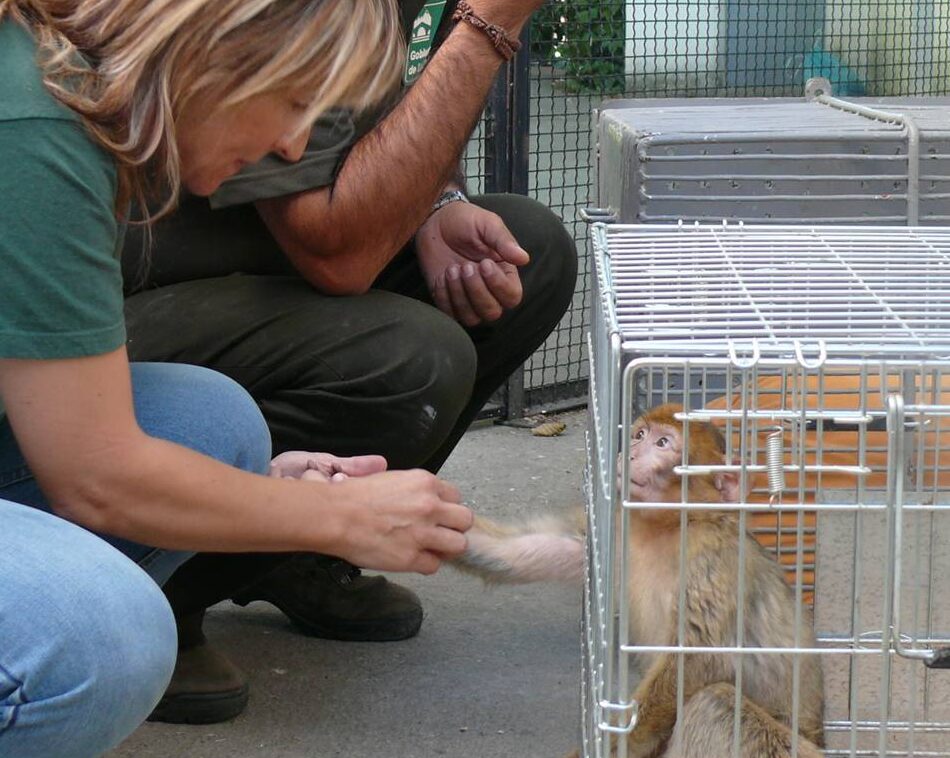
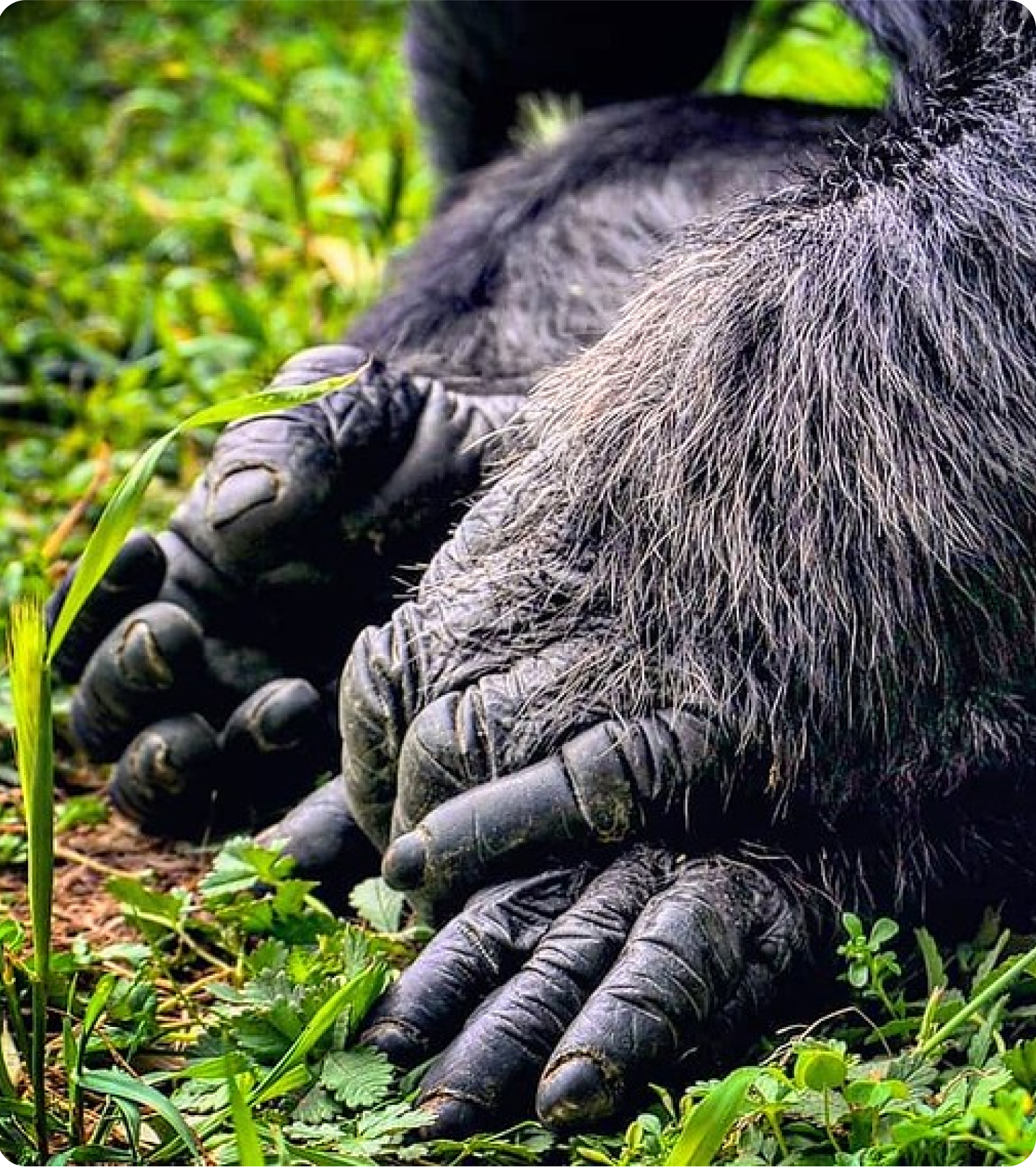
Our function
REHABILITATION
The first step on a long journey: primates are social by nature, so resocialization is essential for their recovery. Once removed from their owners or from show bussiness, when they arrive at MONA they are usually in poor physical condition and in deplorable psychological conditions. Resocialization is the only way to give them a second chance to rebuild their lives, but it is very complicated, long, expensive and sometimes impossible.
Our commitment
LIVELONG HEALTHCARE
Unfortunately, we cannot consider returning them to their natural habitat. One of the main reasons is that they would not survive: they have never had the opportunity to learn the knowledge or skills necessary to live in the wild.
Fortunately, chimpanzees and macaques housed in our center have the opportunity to become primates again: living in a large naturalized enclosure, in the company of other individuals and with the possibility of developing a large repertoire of behaviors typical of their species.
We have a lifelong commitment to them, which in some cases can exceed 60 years, since chimpanzees are animals that can live for many years.
